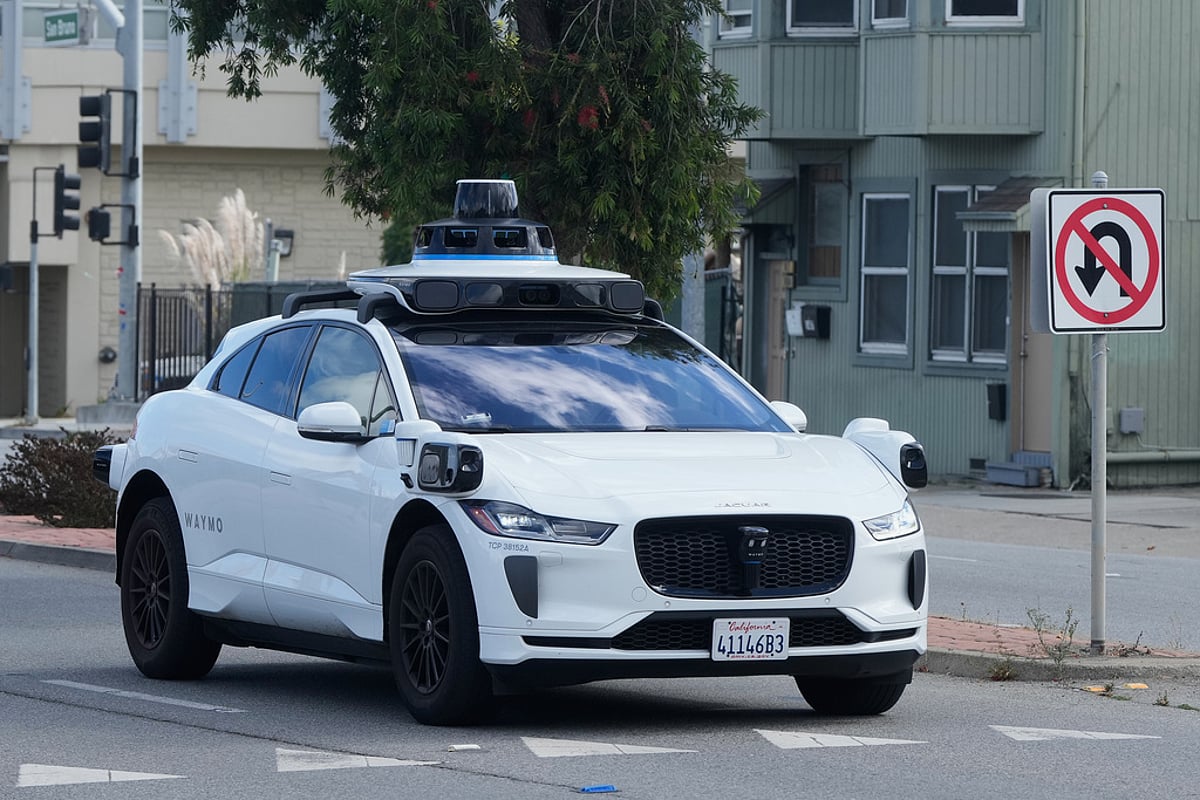Waymo to Launch Driverless Taxi Service in London by 2026
Waymo, a leader in autonomous vehicle technology, is set to expand its operations to London in 2026. This move represents a significant step in the company’s efforts to introduce its driverless ride-hailing service to international markets. The initiative aims to establish a presence in one of the world’s most iconic cities while navigating the complexities of local regulations.
Testing Phase and Safety Measures
In preparation for its London launch, Waymo will begin testing its self-driving vehicles on city streets in the coming weeks. During this phase, a human safety driver will be present in the vehicle to ensure safety and compliance with local regulations. This cautious approach reflects Waymo’s commitment to meeting the stringent safety standards required for autonomous vehicles in the UK.
Engaging with Local Authorities
Waymo has expressed its intention to work closely with both local and national government officials to secure the necessary permissions for its commercial ride-hailing service. The company plans to lay the groundwork for its operations over the next few months, emphasizing the importance of collaboration with regulatory bodies to ensure a smooth rollout.
Existing Operations and International Expansion
Waymo has been successfully operating its self-driving taxis in several U.S. cities, including Phoenix, San Francisco, Los Angeles, Atlanta, and Austin. This expansion into London follows the company’s recent international efforts, including partnerships for testing in Japan, although a specific launch date for that market has yet to be announced.
Compliance with UK Regulations
To operate in the UK, Waymo must adhere to new regulations governing self-driving vehicles. These regulations mandate that autonomous cars achieve a safety level comparable to that of skilled human drivers and pass rigorous safety assessments. Additionally, Waymo will participate in a pilot program for small-scale self-driving taxi and bus services, set to begin in spring 2026.
Transport for London Oversight
Waymo’s operations will also be subject to the rules established by Transport for London (TfL), the authority responsible for regulating the city’s transport services. This includes compliance with licensing requirements that apply to traditional taxis and ride-hailing services like Uber.
FAQs
When will Waymo start testing its self-driving cars in London?
Waymo plans to begin testing its self-driving vehicles on London streets in the coming weeks, with a human safety driver present during the trials.
What regulations must Waymo comply with in the UK?
Waymo must follow new UK regulations that require self-driving cars to meet safety standards equivalent to those of careful and competent human drivers, along with passing rigorous safety checks.
What other cities does Waymo currently operate in?
Waymo currently operates its self-driving taxi service in several U.S. cities, including Phoenix, San Francisco, Los Angeles, Atlanta, and Austin.
Conclusion
Waymo’s planned expansion into London marks a significant milestone in the company’s international growth strategy. By adhering to local regulations and engaging with government authorities, Waymo aims to establish a successful driverless taxi service in one of the world’s busiest urban environments. As testing begins, the company is poised to navigate the challenges of launching its innovative technology in a new market.
Waymo’s entry into the London market is part of a broader trend in the transportation sector, where cities around the world are increasingly exploring the integration of autonomous vehicles into their public transport systems. The UK government has been proactive in establishing a regulatory framework to support the development of self-driving technology, recognizing its potential to enhance mobility and reduce congestion. This regulatory environment may provide a conducive backdrop for Waymo’s operations, as the company seeks to align its technology with the UK’s vision for future transportation.
The introduction of Waymo’s driverless taxi service in London could also have implications for the local economy, potentially creating jobs in technology, vehicle maintenance, and customer service. As the company scales its operations, it may also foster partnerships with local businesses and technology firms, contributing to the growth of the autonomous vehicle ecosystem in the region. Furthermore, the successful deployment of such services could influence public perception and acceptance of autonomous technology, paving the way for broader adoption in urban areas.
Also Read:
Saudi Arabia Qualifies for 2026 World Cup, Coach Reflects





